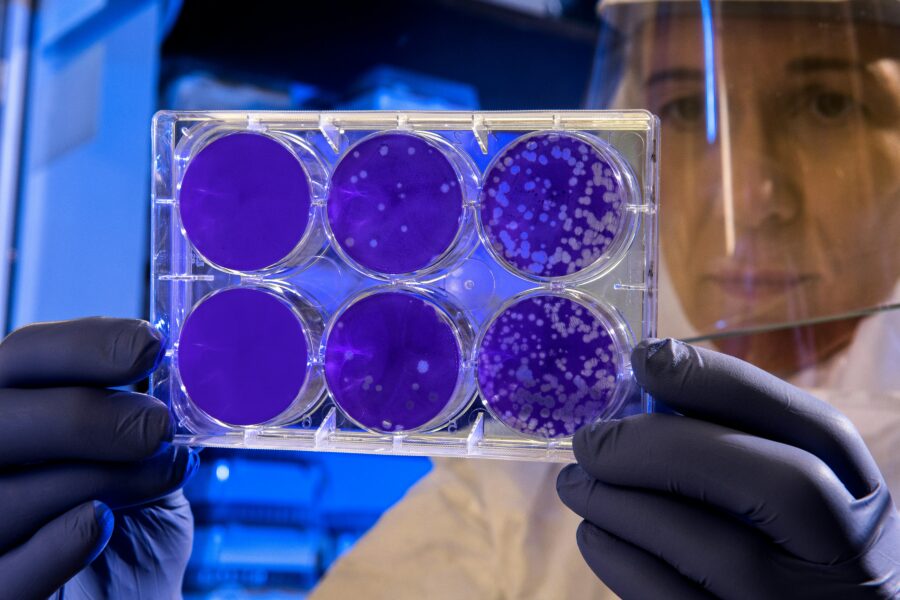
Antibiotic-resistant infections are becoming a growing public health concern, with the latest report from the UK Health Security Agency (UKHSA) revealing a rise in cases. In the South West of England, infections increased from 22.8 to 25.9 per 100,000 people between 2022 and 2023, resulting in 1,491 life-threatening bloodstream infections caused by bacteria resistant to one or more antibiotics. Although the South West has the lowest antimicrobial resistance (AMR) burden in England, the national picture is troubling, with a 3.5% rise in resistant infections since 2019.
Antibiotic resistance occurs when bacteria evolve to survive drugs designed to kill them, often due to the overuse or misuse of these medicines. National antibiotic prescribing rates rose by 2.4% in 2023, with general practice responsible for the majority of prescriptions. This increased exposure accelerates resistance, making once-effective treatments fail. Infections caused by resistant bacteria, such as E. coli, are especially hard to treat and are linked to higher mortality rates, with patients more likely to develop severe complications like sepsis.
The impact of antibiotic resistance extends far beyond individual cases. Without effective antibiotics, routine procedures like surgeries or cancer treatments become high-risk, potentially resulting in untreatable infections. Vulnerable groups, including older adults, immunocompromised individuals, and those in underserved communities, are particularly at risk, often experiencing worse outcomes from resistant infections.
Protecting these essential medicines requires collective action, from individuals to global leaders.
To address this crisis, researchers are exploring innovative solutions, such as bacteriophage therapy, microbiome interventions, and the development of bacterial vaccines. Enhanced surveillance systems are also being developed to detect and track resistant bacteria in hospitals and the environment. At the same time, public health initiatives like the Antibiotic Guardian campaign encourage responsible antibiotic use. People are urged to take antibiotics only when prescribed, complete full courses, and avoid sharing medication to slow the emergence of resistance.
As Dr. Chaam Klinger of UKHSA South West emphasises, antibiotics are vital for treating serious infections and safeguarding modern medical practices. Protecting these essential medicines requires collective action, from individuals to global leaders. By combining innovation, prevention, and education, we can tackle this urgent threat and preserve life-saving treatments for the future.


